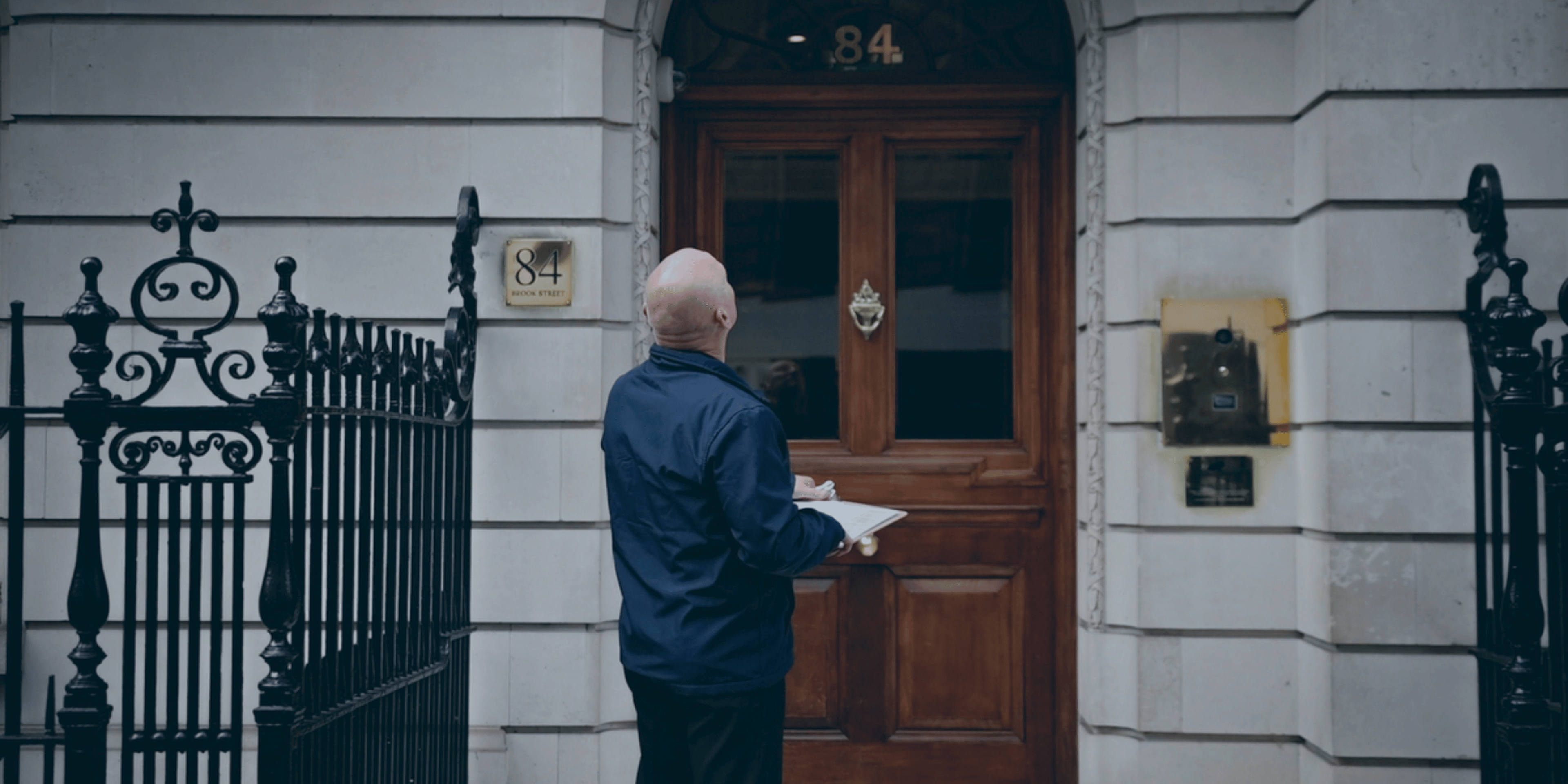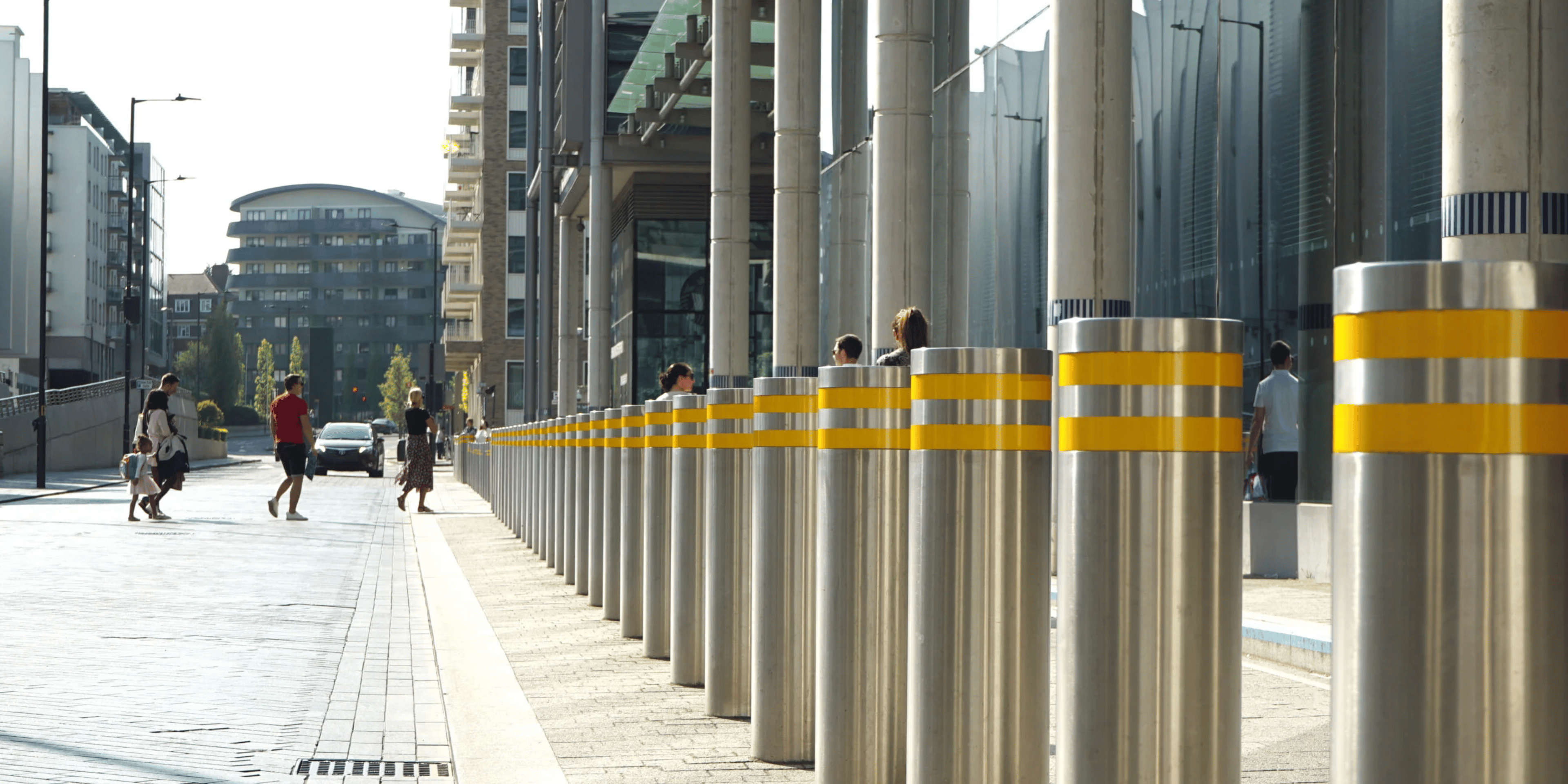
Delays, Downtime & Disruption: How Poor Site Security Impacts Project Timelines

Construction projects are built on schedules. Every phase relies on the one before it being completed on time. Materials are delivered in order. Teams are booked in advance. Inspections are timed to avoid clashes. When a site runs smoothly, everything moves as it should. But when there’s a security breach (even a single incident), the disruption can be immediate and widespread.
The damage caused by poor security is often measured in stolen tools or the cost of repairs. But what’s less visible is the time lost. And in this industry, time is money.
One incident can stall everything
If someone breaks into a site overnight, the obvious concern is what they’ve taken. But even when losses are relatively minor, work often grinds to a halt. The morning is spent reporting the crime, taking inventory, cleaning up damage, and waiting for the police. If critical tools or plant have been stolen, planned works for that day (or even that week) may not be able to go ahead.
Contractors who were booked to complete tasks may have to be cancelled or rescheduled. Deliveries might need to be pushed back. Inspections could be missed or delayed. It’s rarely a case of just picking up where you left off.
We’ve supported sites where one security lapse set the project back by nearly two weeks. Not because the theft itself was complex, but because the recovery, replacement, and rescheduling created a chain of delays that couldn’t be avoided.
Disruption affects everyone
The impact of downtime isn’t felt in isolation. Delays don’t just affect the main contractor. They ripple through every layer of the job: subcontractors, crane operators, materials suppliers, and site managers. A missed deadline at one stage can create pressure across the whole timeline.
This often leads to rushed work later in the project as teams try to catch up, which increases the risk of errors and creates health and safety concerns. Site morale can take a hit, too. A team that turns up to find their tools gone or their shift cancelled is going to be frustrated and understandably so.
And when a site has a history of security breaches, insurers often respond with higher premiums or stricter conditions. The financial cost doesn’t stop with the theft itself.

Planning security with timelines in mind
Every part of a construction project is planned with timing as a core consideration. Security should be treated the same way. A reliable system is about keeping work moving.
That means thinking about:
- Overnight and weekend coverage, when sites are most at risk
- Access control, so only authorised personnel are on-site
- Monitored CCTV, to catch intrusions as they happen, not hours later
- Physical presence, including guards and patrols, where needed
- Rapid response, so incidents are dealt with quickly before they escalate
The best security setups are the ones that feel like part of the build process, not an add-on. They’re there to make sure that when your team shows up in the morning, they can get straight to work.
How we approach it at Priority First
At Priority First, we work with clients to design security plans that support both safety and continuity. For us, it’s not just about stopping theft, it’s about making sure one avoidable incident doesn’t throw a whole project off course.
We provide:
- On-site security officers and mobile patrols to maintain a visible presence
- Monitored CCTV systems, including towers for flexible coverage
- Site access solutions, including logging and gate control
- Incident response support, with fast escalation if something happens
We know the cost of downtime. It doesn’t always show up on a police report, but it hits the budget and the timeline all the same.
If your current security setup wouldn’t prevent or quickly respond to an overnight breach, it’s worth reviewing. Because recovering from disruption is always harder than preventing it in the first place.





